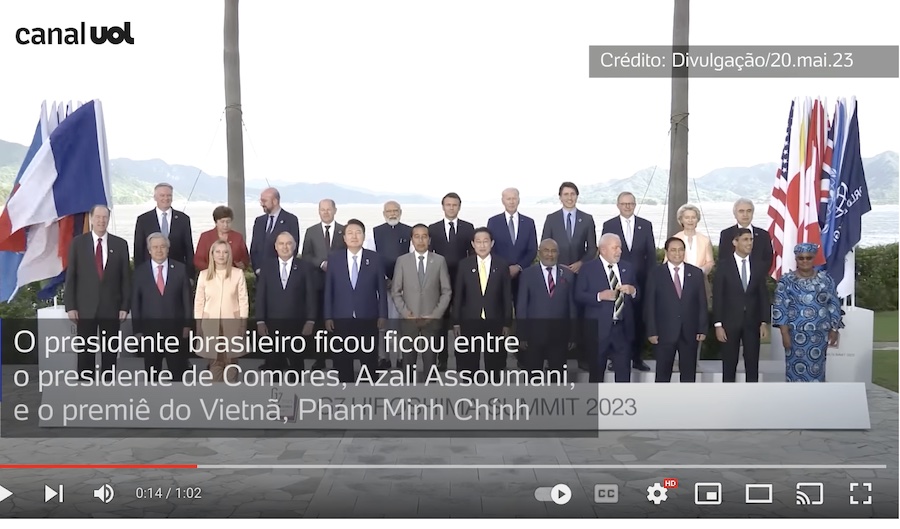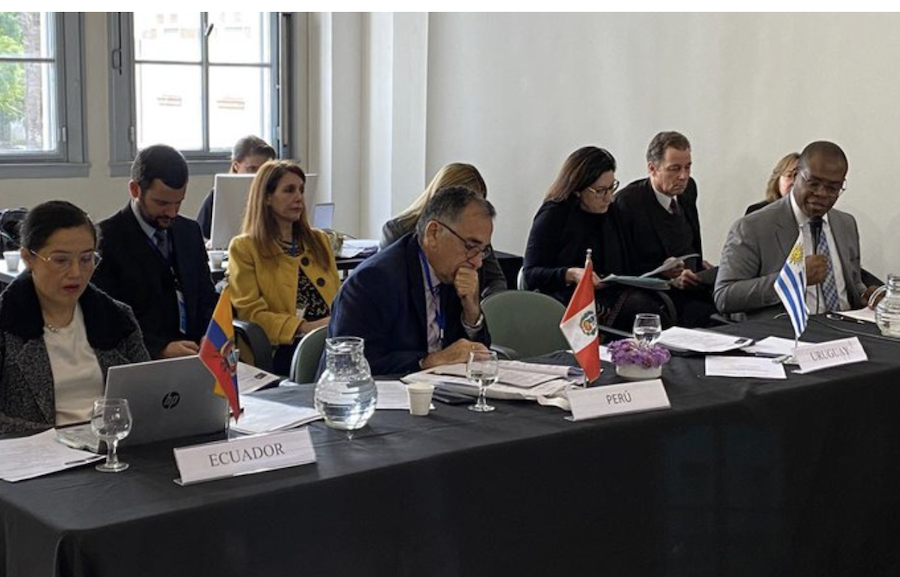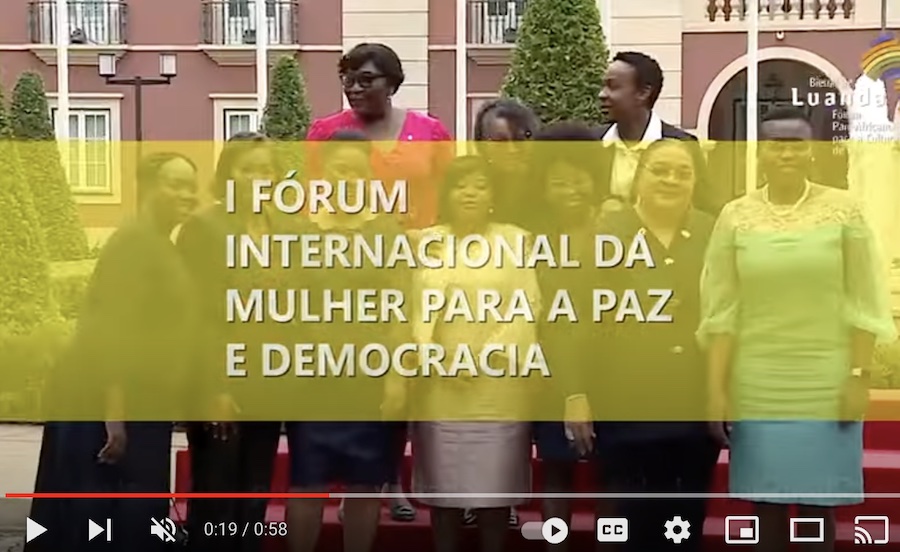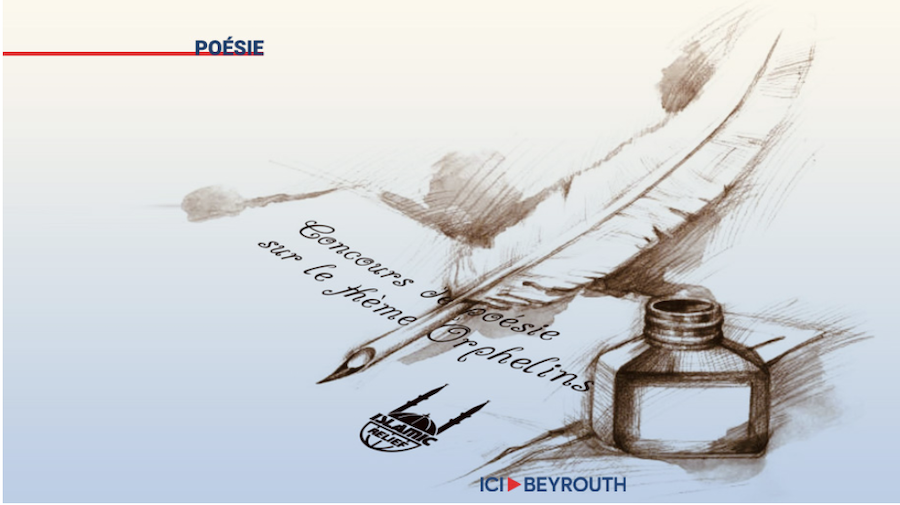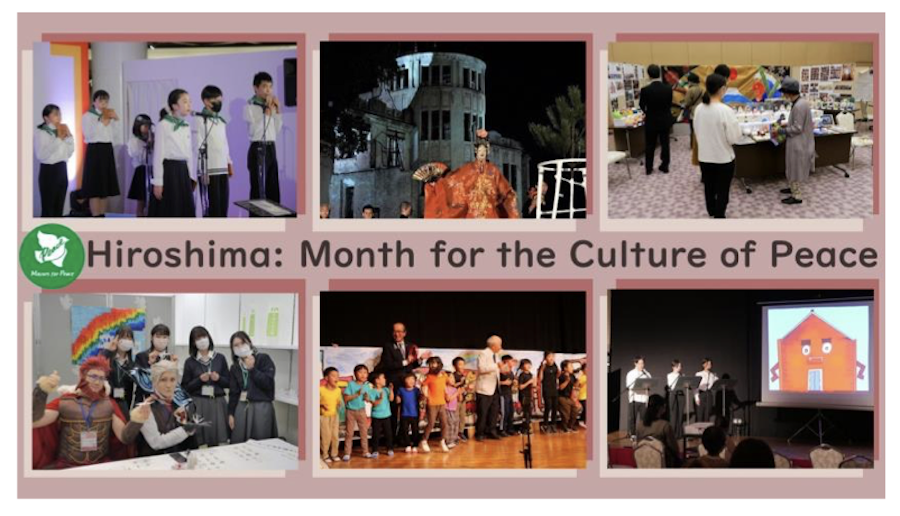To begin the year 2023, we said that one bright spot for the preceding year was the advance of the culture of peace in Latin America and Africa.
Now, as we enter the second half of 2023, we see that this continues; the culture of peace continues to advance on these continents (see discussion : “Latin America, has it taken the lead in the struggle for a culture of peace?”).
We begin on the highest level, the meeting of the G7 countries. While the countries of Europe, North America and Japan continue to promote the culture of war, it was the newly-elected President of Brazil, Luiz Inácio Lula da Silva, who addressed the meeting with a message of the culture of peace. It was Lula a few months earlier, who refused the demands of the United States to contribute to the war in Ukraine, saying that “Brazil Is a Country of Peace.”
Not just words, but actions for a culture of peace mark the first few months of the new administration in Brazil.
With the potential for a major change on the global level, the first event of President Lula da Silva’s visit to China in April was the official swearing-in ceremony of Dilma Rousseff as president of the New Development Bank. The bank is seen as an alternative to the financial hegemony of Washington and Brussels, since it may finance development projects in local currencies instead of dollars. Rousseff, is also a former President of Brazil.
In a meeting with representatives of indigenous peoples, President Lula signed decrees demarcating six new territories for indigenous peoples, the first since 2018 and one of them in a vast territory in the Amazon.
Following a massacre of children at a day care center, the Minister of Justice announced a major national mobilization in favor of a culture of peace, including an inter-ministerial working group to prevent and confront violence in schools.
Along with Argentina, Paraguay, Chile and Peru, Brazil has signed on to a “Declaration for a Culture of Peace and Democracy and for Combating Expressions and Hate Speech” that will lead to a guidelines to be used internally by the signatory countries.
Elsewhere in Latin America, Mexico and Colombia continue to promote a culture of peace.
In Mexico, the city of León will host the First Ibero-American Meeting of Voices for Peace and the First Ibero-American Meeting of Journalism for Peace, to take place from June 1 to 3. The General Coordinator of State Social Communications stressed that Guanajuato will become the epicenter of the culture of peace in Mexico and Latin America (see discussion: “Is there progress towards a culture of peace in Mexico?”)
In Colombia, nine months into new efforts by Colombia’s administration to achieve “total peace” with remaining armed groups following decades of civil war, a network of 140 civic and community organizations is working to end violence. Quoting an activist from this network: “To advance peace, the government will need broad support from both Colombia’s grass roots and its international partners. A top priority in coming months needs to be a national process of dialogues among Colombia’s thousands of community-level civil society organizations.” (See discussion: “What is happening in Colombia, Is peace possible?”)
Meanwhile, in Africa, it is the women who are taking the leadership for a culture of peace. (See discussion:”Can the women of Africa lead the continent to peace?”)
In Kenya, women from Turkana, West Pokot and Marakwet communities have kicked-off talks with their Ethiopian and Ugandan counterparts to take leading roles in the restoration of peace in the North.
In Abuja, the African First Ladies Peace Mission was addressed by Nigeria’s first lady, Aisha Buhari, who emphasised the significance of women’s role in conflict resolution: “As women leaders and mothers, our role in peace and security is to continue to say no to the culture and structures of violence.”
And in Luanda, the Angolan vice-president, Esperança da Costa, opened the 1st International Women’s Forum for Peace and Democracy, to reaffirm and strengthen political commitment to action on gender equality, the empowerment of women and girls and their human rights, ensuring high-level engagement. The forum is part of the Luanda Biennial – Pan-African Forum for the Culture of Peace and Non-Violence, which is a joint initiative between the Government of Angola, the United Nations Educational, Scientific and Cultural Organization ( UNESCO) and the African Union (AU) (see discussion, “The Luanda Biennale: What is its contribution to a culture of peace in Africa?”)
While most of these initiatives are initiated and supported by the national governments of Latin America and Africa, in the long run, the most important is the development of grass-roots and civil society, as described above for Colombia and Kenya. This is especially true for Brazil as described in a recent blog from the CPNN representative in that country. As expressed in the Constitution of UNESCO: “a peace based exclusively upon the political and economic arrangements of governments would not be a peace which could secure the unanimous, lasting and sincere support of the peoples of the world, and . . . peace must therefore be founded, if it is not to fail, upon the intellectual and moral solidarity of mankind.”
|
FREE FLOW OF INFORMATION |
TOLERANCE & SOLIDARITY |
SUSTAINABLE DEVELOPMENT |
DISARMAMENT & SECURITY |
|
WOMEN’S EQUALITY |
EDUCATION FOR PEACE |
HUMAN RIGHTS |
DEMOCRATIC PARTICIPATION |
